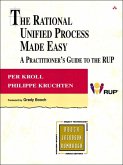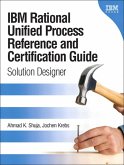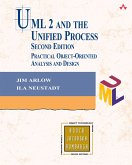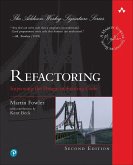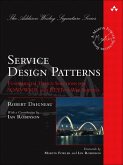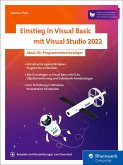The IBM® Rational Unified Process® has become the de facto industry-standard process for large-scale enterprise software development. The IBM Certified Solution Designer - IBM Rational Unified Process V7.0 certification provides a powerful way for solutions developers to demonstrate their proficiency with RUP.
The first and only official RUP certification guide, this book fully reflects the latest versions of the Rational Unified Process and of the IBM RUP exam. Authored by two leading RUP implementers, it draws on extensive contributions and careful reviews by the IBM RUP process leader and RUP certification manager.
This book covers every facet of RUP usage. It has been carefully organized to help you prepare for your exam quickly and efficiently--and to provide a handy, compact reference you can rely on for years to come.
Coverage includes
- A full section on RUP exam preparation and a 52-question practice exam
- Core RUP concepts, the new RUP process architecture, and key principles of business-driven development
- RUP's architecture-centric approach to iterative development: practical issues and scenarios
- Patterns for successful RUP project implementation-and "anti-patterns" to avoid
- The Unified Method Architecture (UMA): basic content and process elements
- RUP content disciplines, in depth: Business Modeling, Requirements, Analysis and Design, Implementation, Test, Deployment, Project Management, Change and Configuration Management, and Environment
- Essential RUP work products, roles, and tasks
- RUP phases, activities, and milestones
- RUP tailoring and tools for your organization--including introductions to IBM Rational Method Composer (RMC) and MyRUP
Dieser Download kann aus rechtlichen Gründen nur mit Rechnungsadresse in A, B, BG, CY, CZ, D, DK, EW, E, FIN, F, GR, HR, H, IRL, I, LT, L, LR, M, NL, PL, P, R, S, SLO, SK ausgeliefert werden.



